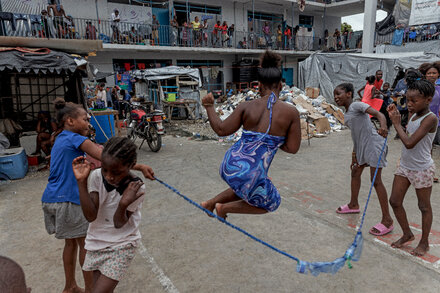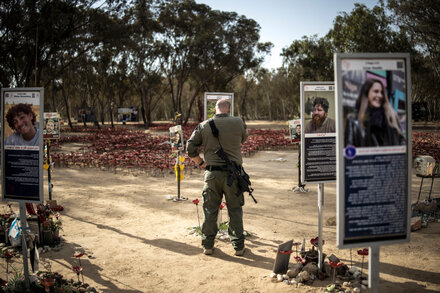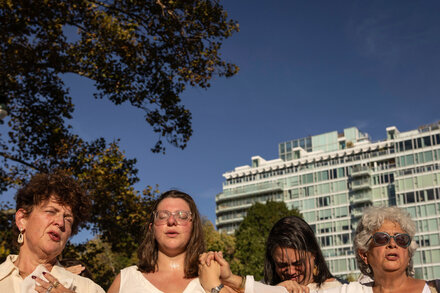The number of children displaced by escalating gang violence in Haiti has dramatically increased, with humanitarian organizations reporting an unprecedented exodus from their homes. This deepening crisis highlights the severe impact of insecurity on the nation’s most vulnerable.

Port-au-Prince, Haiti — The number of children displaced by escalating gang violence in Haiti has dramatically increased, according to recent reports from humanitarian organizations. The deepening crisis, particularly in the capital of Port-au-Prince and surrounding areas, is forcing an unprecedented number of families and unaccompanied minors to flee their homes in search of safety.
The surge in displacement is primarily attributed to a relentless wave of gang-related attacks, kidnappings, and territorial battles that have intensified since the beginning of the year. These acts of violence have led to widespread insecurity, rendering many neighborhoods uninhabitable and severing access to essential services like healthcare and education.
Humanitarian agencies on the ground indicate that tens of thousands of children have been uprooted, many of whom are now living in makeshift camps, public spaces, or overcrowded host communities with limited access to food, water, and sanitation. The psychological toll on these children, many of whom have witnessed extreme violence, is a growing concern.
“We are seeing an alarming trend where children are not just collateral damage, but often direct targets or instruments of violence,” stated a representative from a leading child protection agency in a recent briefing. “The scale of displacement among children is unprecedented, and their vulnerability to exploitation, abuse, and recruitment by armed groups is profoundly disturbing.”
Education has been severely disrupted, with many schools closed or inaccessible due to insecurity. This deprives displaced children of stability and a sense of normalcy, further exacerbating their trauma and hindering their development. Access to medical care is also precarious, leaving many children susceptible to preventable diseases and without treatment for injuries or psychological distress.
The international community has repeatedly called for an end to the violence and for greater efforts to protect civilians, especially children. However, the operational challenges posed by the volatile security situation continue to impede humanitarian aid delivery and the establishment of safe zones for displaced populations.
Local authorities, overwhelmed by the crisis, are struggling to provide adequate support to the displaced. The long-term implications of this widespread displacement on Haiti’s future generation are a source of grave concern, highlighting an urgent need for comprehensive solutions that address both the immediate humanitarian crisis and the root causes of the ongoing instability.
Source: Read the original article here.





